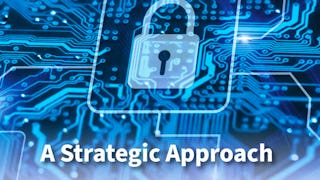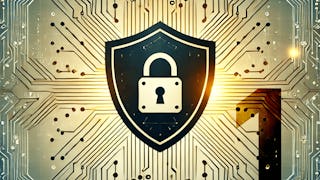The Cybersecurity in Healthcare MOOC was developed as part the SecureHospitals.eu project. This project has received funding from the European Union’s Horizon 2020 Coordination Research and Innovation Action under Grant Agreement No. 826497.
The course "Cybersecurity in Healthcare" has been developed to raise awareness and understanding the role of cybersecurity in healthcare (e.g., hospitals, care centres, clinics, other medical or social care institutions and service organisations) and the challenges that surround it. In this course, we will cover both theoretical and practical aspects of cybersecurity. We look at both social aspects as technical aspects that come into play. Furthermore, we offer helpful resources that cover different aspects of cybersecurity. Even if you are not active in the healthcare domain, you will find helpful tips and insights to deal with cybersecurity challenges within any other organisation or in personal contexts as well. This course begins by introducing the opportunities and challenges that digitalisation of healthcare services has created. It explains how the rise of technologies and proliferation of (medical) data has become an attractive target to cybercriminals, which is essential in understanding why adequate cybersecurity measures are critical within the healthcare environment. In later modules, course contents cover the threats, both inside and outside of healthcare organisations like e.g. social engineering and hacking. Module 4 on Cyber Hygiene describes how to improve cybersecurity within healthcare organisations in practical ways. Module 5 looks deeper into how organisational culture affects cybersecurity, the cybersecurity culture, focusing on the interaction between human behaviour and technology and how organisational factors can boost or diminish the level and attention to cybersecurity in healthcare. Do you work for a hospital, clinic, medical practice, care centre, care provider, social care organisation, or nursing home? Do you want to improve your personal or your organisation’s cybersecurity (cyber security, IT security, information security, network security, computer security, awareness)? Then please visit https://www.securehospitals.eu to gain access to a range of resources. You can also join the Security providers and Trainers platform (see: https://www.securehospitals.eu/for-providers-and-trainers/) or our Community of Practice (see: https://www.securehospitals.eu/community/).























